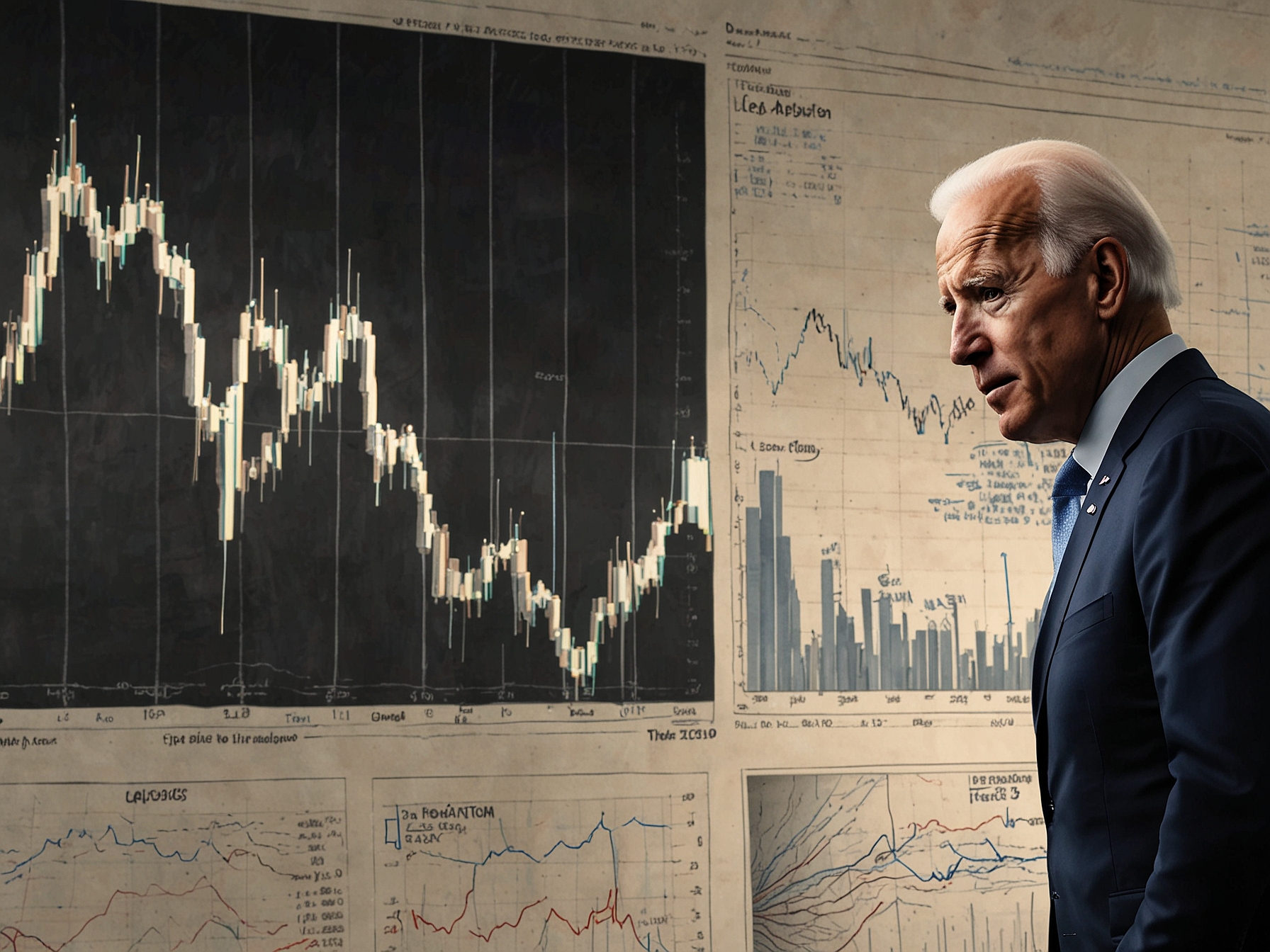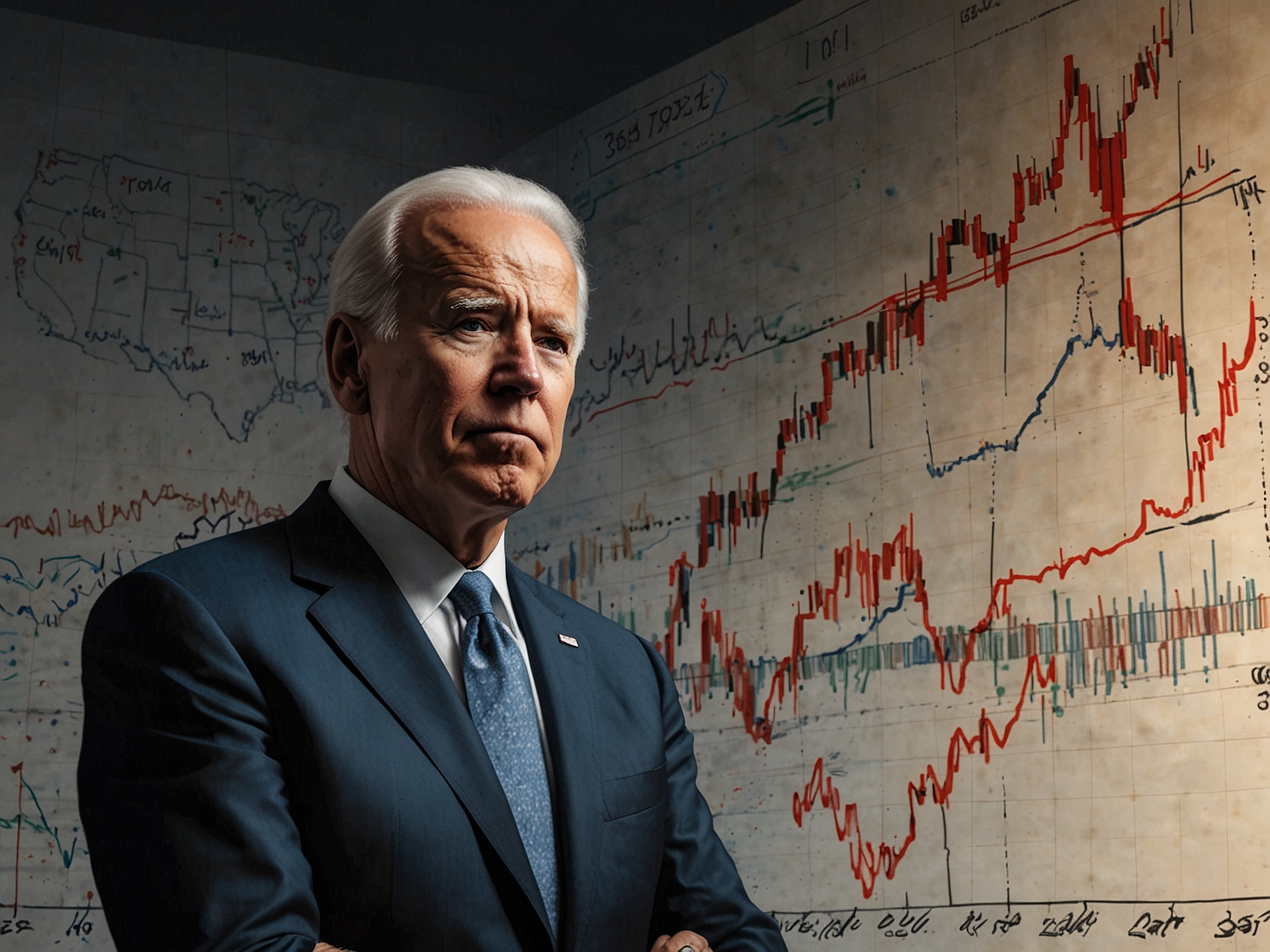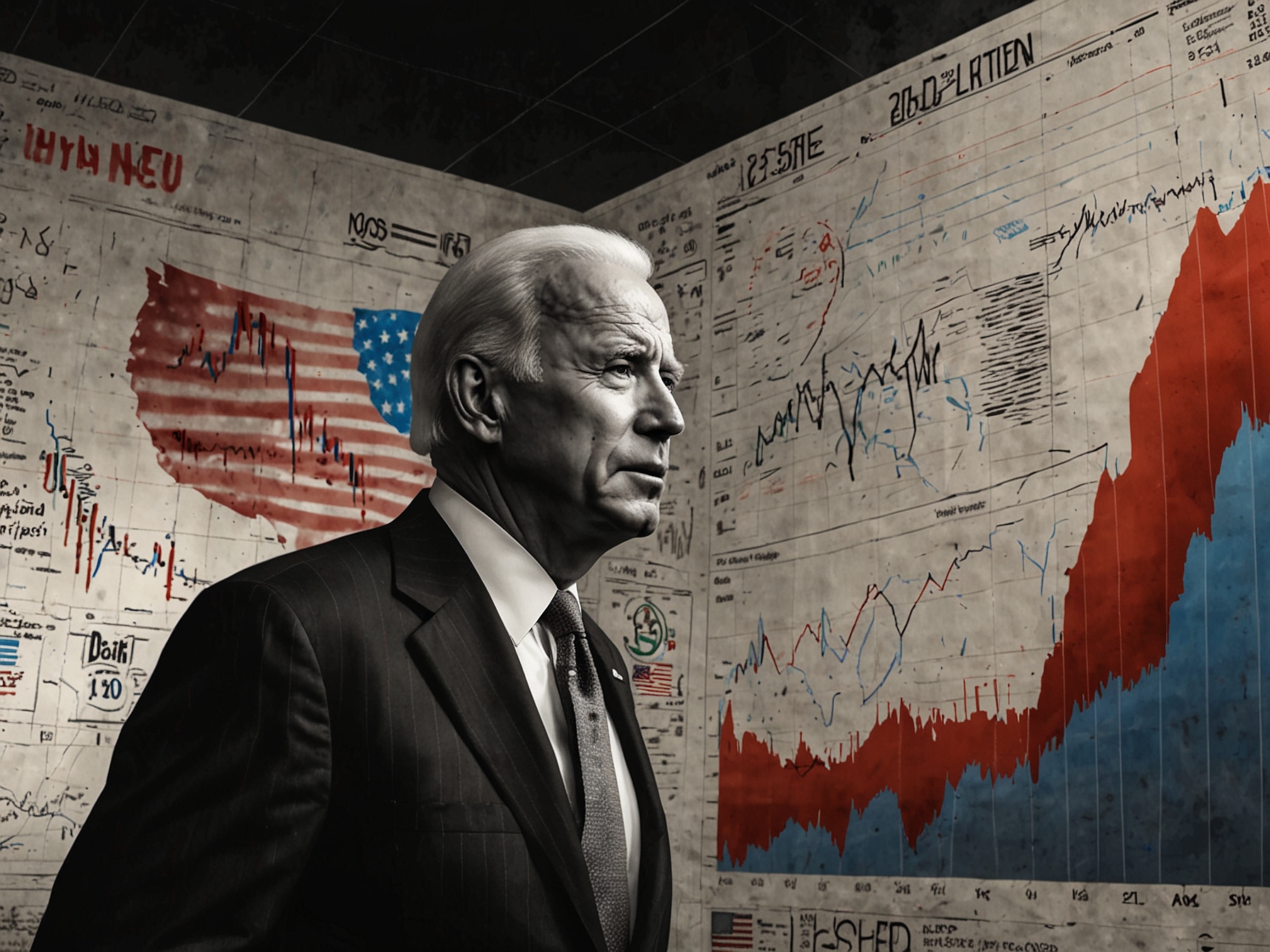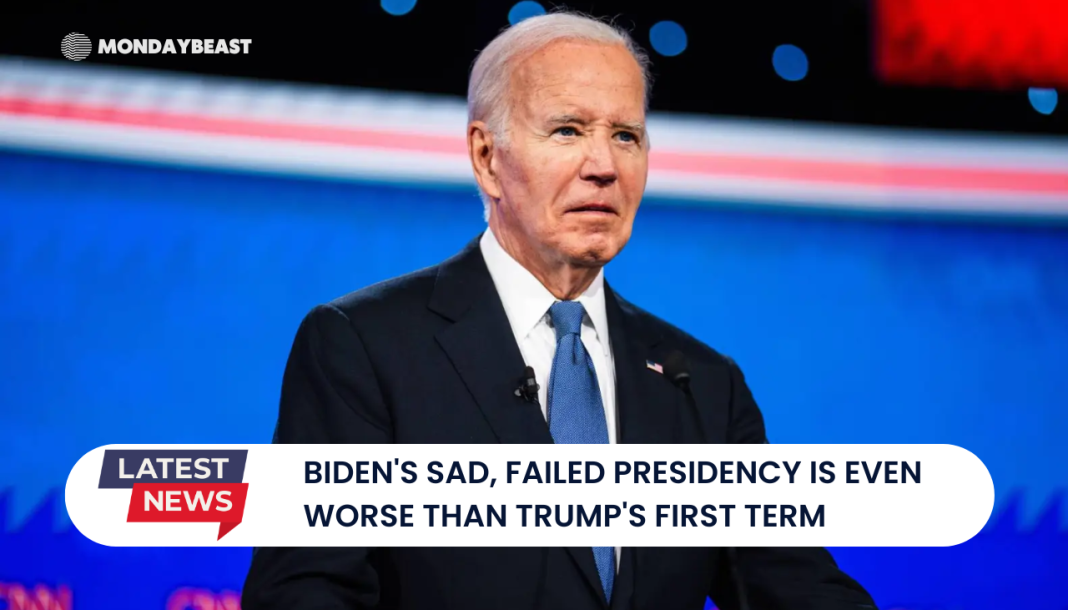In a time dominated by volatile leadership, the Biden administration has emerged as a beacon of disappointment. How did we get here? Many Americans expected Joe Biden to restore dignity after the tumultuous years of Donald Trump. Yet, his recent pardon of Hunter Biden raises serious questions about the integrity of his leadership. It feels like a glaring reminder of personal connections overshadowing accountability.

Thinking back to Biden’s campaign, I remember the hope many felt. He promised a return to stability, a sort of calm following the storm. However, this hope has been upended by decisions that many view as questionable at best. The pardon of his son Hunter is perhaps the latest misstep. It seems as if he is emotionally disconnected from the realities faced by average Americans. How can we trust a leader who prioritizes family over justice?
Biden’s presidency kicked off amid the chaos of the Capitol riot on January 6, 2021. That day is etched in our collective memory, a stark reminder of a divided nation. The expectation was clear: restore normalcy. But with each passing year, he seems to have veered off course. Biden’s actions frequently draw comparisons to Trump’s tumultuous term. Is this the return to normalcy we signed up for?

The international stage has not been kind to Biden either. The chaos in Afghanistan was a harbinger of potential failures. The withdrawal was chaotic, leaving many behind, including Afghans who risked it all. That decision not only hurt individuals but also impacted America’s global standing. How can the U.S. lead when abandoning allies becomes an option?
Biden’s decisions in these moments have led to a broader assertion of power from adversaries like Russian President Vladimir Putin. The invasion of Ukraine saw a world teetering on the edge of chaos. Poor planning, weak responses, and a profound weakness in position have left many feeling insecure. Putin clearly sees an opening, and the stakes feel higher than ever. Why does the world look to the U.S. for stability when our leadership feels shaky?

As the world grows more unstable, it’s hard not to feel disillusioned. This was not how it was supposed to be. Many of us hoped for decency and accountability, yet Biden’s actions leave a bitter taste. The rise of Hamas in recent events and Biden’s response has been met with skepticism. Some argue that he hasn’t learned from previous mistakes. Each moment of violence seems unanticipated, highlighting a significant failure to lead when it was most needed.
Inflation is yet another area of concern. Under Biden, prices soared like never before. The financial burden has become unbearable for so many Americans. When we look at household debt climbing to staggering heights, it’s alarming. Experts have debated the ramifications of continued spending. Yet, many of us feel abandoned amid financial uncertainty. How did we go from stimulus to skyrocketing costs in record time?
One of the most contentious points remains Biden’s handling of facts regarding inflation. He assured Americans the rise in prices was merely temporary. But for millions, it doesn’t feel temporary. Wages are slow to catch up, and necessities have become luxuries. It begs the question: why is this administration reluctant to face hard truths? Are they ignoring the daily struggles faced by working families?
And then there’s the narrative around Biden’s health. Many voters raised eyebrows when he expressed uncertainty about running again. His aging and the strain of leadership currently bring his capabilities into question. It’s hard not to empathize with the pressure he faces, but if we consider his physical and cognitive wellness, it’s startling. How can we trust a president who appears to be in decline?
In the backdrop of a failing administration sits the unfortunate reality: Biden has not lived up to expectations. Initially, calling out Trump supporters might have been an emotional moment. The harsh words could reflect a disconnect between him and certain segments of the populace. It’s puzzling how dismissive comments can emerge from someone who campaigned on unity.
In hindsight, Biden’s decision to pardon his son feels like a last-ditch effort to salvage a legacy slipping away. The more we observe, the clearer it becomes: problems linger unresolved, and many Americans feel abandoned. Is this what it means to return to ‘adult’ leadership? Reflecting on our situation is essential — we must grapple with the consequences. If these are the lessons learned, have we really moved forward?




